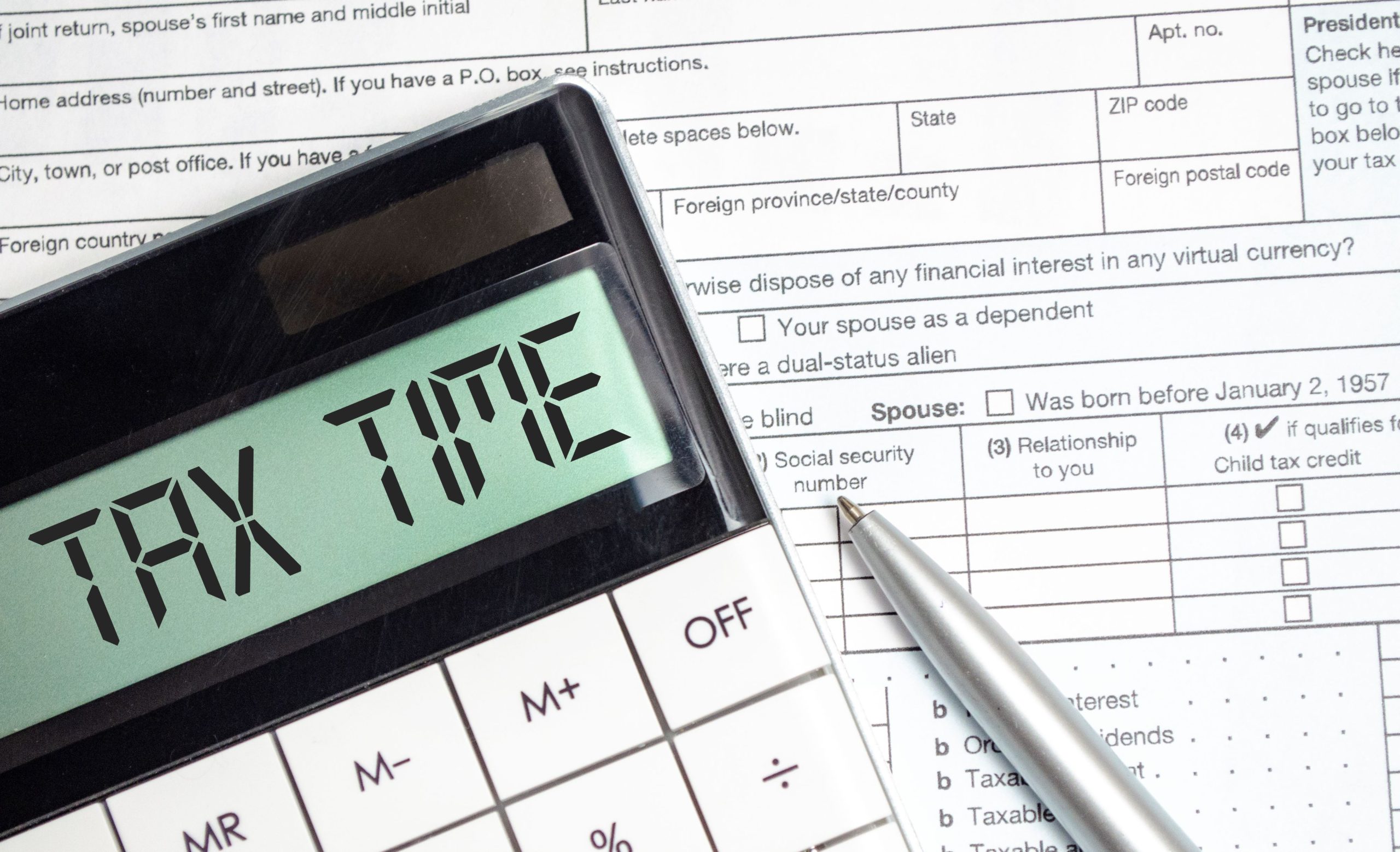- Contact Us Now: (201) 464-1011 Tap to Call
When Do You Owe Death Taxes in New York & New Jersey?

Navigating the complex world of death taxes can be overwhelming. As a New York and New Jersey attorney, I’ve created this guide. It will help you understand when you may owe these taxes and how to plan your estate accordingly.
What are Death Taxes?
Death taxes, also known as estate taxes or inheritance taxes, are imposed on the transfer of property after an individual’s death. The two primary types of death taxes in the United States are federal estate taxes and state-specific estate or inheritance taxes.
Federal Death Taxes: Estate Tax Rules & Exemptions

The federal estate tax, often referred to as a federal death tax, applies to the transfer of a deceased person’s estate, including cash, real estate, stocks, and other assets. As of 2025, the federal estate tax exemption is $13.99 million for individuals and $27.98 million for married couples. This means that if the total value of your estate is below the exemption amount, you will not owe any federal estate taxes.
New York Death Taxes: Estate Tax Rules & Exemptions
In addition to federal death taxes, New York imposes a state estate tax on residents and non-residents who own property within the state. The exemption amount for New York estate tax is significantly lower than the federal exemption, standing at $7.16 million as of 2025. If your estate exceeds this threshold, you will be subject to New York estate taxes.
New Jersey Death Taxes: Inheritance Tax Rules
New Jersey does not have a state estate tax but does impose an inheritance tax, which is another form of death tax. This tax is levied on the beneficiaries of an estate, rather than on the estate itself. The inheritance tax rates in New Jersey range from 11% to 16% and depend on the relationship between the deceased and the beneficiary. Some beneficiaries, such as spouses, children, and grandchildren, are exempt from paying inheritance tax.
Circumstances in Which You May Owe Death Taxes
Now that you understand the different types of death taxes, let’s explore the specific circumstances under which you may owe them.
Owning Property in New York or New Jersey
If you own property in New York, you may be subject to the state’s estate tax. This applies regardless of your residency status. For New Jersey residents or those owning property in the state, inheritance taxes may apply. The amount depends on the beneficiary’s relationship with the deceased.
Exceeding Federal or State Exemption Amounts
If the value of your estate surpasses the federal exemption amount of $13.99 million or New York’s $7.16 million, you will owe estate taxes. For New Jersey inheritance taxes, you may be liable if you’re a non-exempt beneficiary.
Failing to Plan Your Estate Properly
Proper estate planning is crucial to minimizing your tax liabilities. By neglecting to create an estate plan, you could inadvertently expose your assets to higher tax rates, leaving less for your heirs. Luckily, an experienced estate planning attorney can help you properly plan your estate and reduce your tax burden.
Minimizing Death Taxes in New York & New Jersey
To minimize or avoid death taxes, consider these estate planning strategies:
Gifting Assets
Making lifetime gifts to loved ones can help reduce the size of your estate. This may keep it below the estate tax exemption thresholds. (Note that an informational federal gift tax return will be due of your gifts are over $19,000 to one person.)
Establishing Trusts
Trusts can be an effective tool to protect your assets from estate taxes. For example, setting up an irrevocable trust can help shield your assets from taxation. In addition, a credit shelter trust can maximize the use of both spouses’ estate tax exemptions. Trusts can also be used to bypass New Jersey inheritance taxes for non-exempt beneficiaries.
Utilizing Life Insurance
Life insurance proceeds are generally not subject to income or estate taxes. This makes them an effective way to transfer wealth to your heirs tax-free. By establishing an irrevocable life insurance trust, you can further ensure that the policy benefits are not included in your taxable estate.
Portability Election
For married couples, the federal estate tax exemption is portable. This means a surviving spouse can use any unused portion of the deceased spouse’s exemption. By filing an estate tax return (Form 706) within nine months of the spouse’s death, you can elect portability and potentially save millions in estate taxes.
Seek Professional Advice
Estate planning and death tax mitigation require expertise and careful planning. Working with an experienced New York and New Jersey estate planning attorney can help you understand your options. They can also develop a customized strategy to protect your assets and minimize tax liabilities.
In conclusion, owing death taxes in New York and New Jersey depends on several factors. These include the value of your estate, property ownership, and beneficiary relationships. By understanding these factors and working with an experienced New Jersey and New York estate planning attorney, you can create an effective estate plan. This helps minimize or avoid death taxes and ensures your loved ones receive the maximum inheritance possible. Contact us today at thechamberlainlawfirm.com/contact-us or call (201) 464-1011.
This article is for general legal information only. It is not legal advice to rely on for your specific fact pattern. No opinion expressed above can be used to avoid tax penalties that may be imposed otherwise on the reader, nor to promote or market to any other person any transaction or matter addressed herein. Advice to rely on can be gotten only after a thorough discussion and investigation of the facts of your situation with counsel licensed in your state. No attorney-client relationship has been established by this communication.

